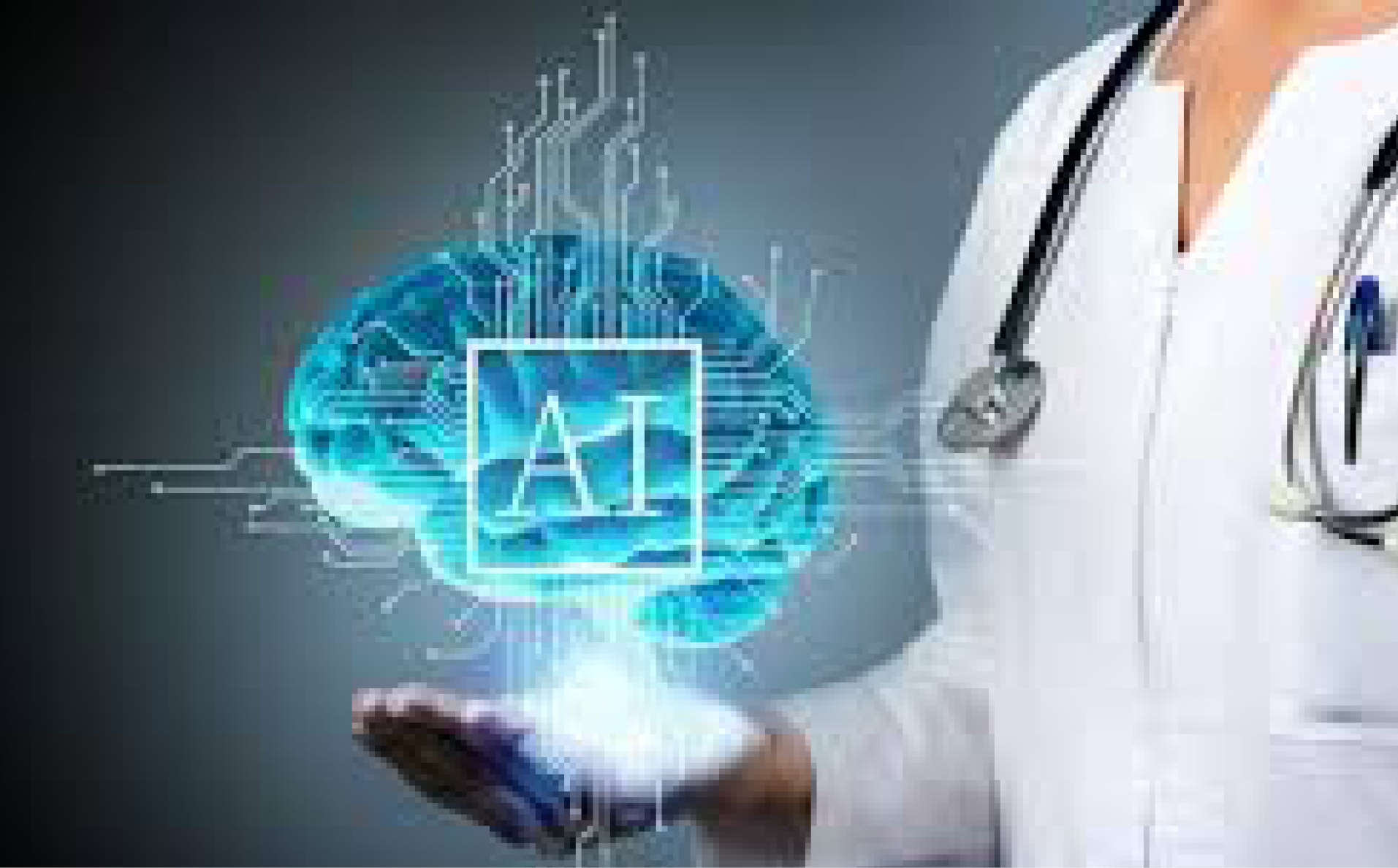
.*AI’s Evolving Role in Biomedical Research and Healthcare.*AI’s Evolving Role in Biomedical Research and Healthcare Artificial intelligence (AI), particularly machine learning and deep learning techniques, is revolutionizing biomedical research and healthcare with its unparalleled data processing, pattern recognition, and predictive capabilities. Biomedical Research: * Drug Discovery and Development: AI algorithms can analyze vast chemical databases to identify potential drug candidates, predict drug efficacy, and optimize drug delivery systems. * Disease Diagnosis and Prediction: AI models leverage medical images, electronic health records, and genetic data to diagnose diseases at an early stage and predict patient outcomes. * Biomarker Discovery: AI can analyze biological samples, such as tissue biopsies and blood tests, to identify novel biomarkers associated with diseases, aiding in disease diagnosis and monitoring. Healthcare: * Personalized Medicine: AI algorithms can create tailored treatment plans for individual patients based on their unique genetic, environmental, and lifestyle factors. * Predictive Analytics: AI models can predict disease progression, hospital readmissions, and adverse drug events, enabling proactive interventions. * Virtual Health Assistants: AI-powered virtual health assistants provide patients with 24/7 access to medical information, triage, and self-management tools. Challenges and Considerations: * Data Quality and Privacy: AI systems rely heavily on high-quality medical data. Ensuring data privacy and maintaining patient confidentiality is crucial. * Interpretability and Transparency: AI models can be complex and difficult to interpret. Developers need to make AI systems more transparent and explainable to foster trust among healthcare professionals and patients. * Integration with Healthcare Systems: AI needs to be seamlessly integrated into existing healthcare systems to ensure widespread adoption and impact. Future Directions: * Precision Medicine: AI will continue to drive the development of precision medicine approaches, where treatments are tailored to individual patient characteristics. * Early Detection and Prevention: AI-powered algorithms will be used to identify high-risk individuals and intervene early on to prevent disease development. * Empowered Patients: AI tools will give patients greater access to their health information and empower them to participate in decision-making. Conclusion: AI is transforming biomedical research and healthcare by enhancing data analysis, improving diagnostic accuracy, and personalizing treatments. As AI technology continues to advance, its impact in these fields will only grow, paving the way for more effective and efficient healthcare outcomes. However, addressing challenges related to data quality, interpretability, and integration is essential to ensure the responsible and ethical use of AI in biomedical research and healthcare.
Posted inNews